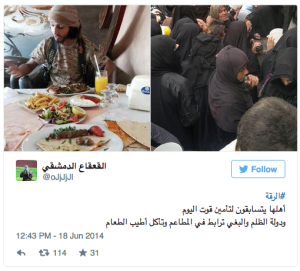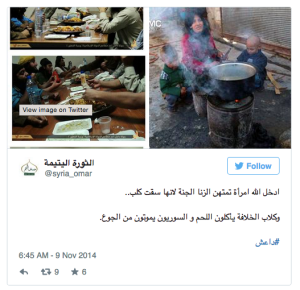Here in the United States, we often don’t give a second thought to access to running water and water infrastructure. As long as your water bill is paid, one turn of the tap brings an unlimited supply of treated water. Those in water-scarce, developing countries, however, do not generally have this luxury. In fact, in much of South Asia, the infrastructure for plumbing does not exist at all. Criminal cartels in Pakistan have utilized this discrepancy into a lucrative enterprise. Citizens without access to basic infrastructure must purchase their water from cartels, who operate by dispensing water in plastic jugs from trucks to middle and lower class neighborhoods in urban areas such as Karachi and Lahore.
Given these cartels effectively source their water from untreated rivers and streams, there is no guarantee that the water being purchased has been treated. The lack of chemical treatment lends to outbreaks of water borne diseases, including cholera and malaria. Although such sourcing of common resources is illegal, there is no law enforcement to police such activities, and the business is so lucrative that bribes are easily paid. One report estimates a cartel can make up to $16,000 USD daily. Because residents of lower income neighborhoods and settlements must rely on these water truck cartels, it has allowed these groups to effectively monopolize this essential resource and gouge their customers. Persistent drought conditions and urban sprawl make it especially difficult for citizens residing in metro areas to gain adequate access to fresh, clean water. In a water scarce urban environment, up to half of the 24 million residents of Karachi alone find themselves reliant upon such services.

Source: Dawn.com
The same business model occurs in similarly developing nations, including Kenya. In Nairobi, local governments have tried to enforce water access as a mandatory right; however, many informal settlements do not have oversight from the government. It is in these poor to working-class communities that are home to waves of migrants from rural communities who relocate to urban areas in search of work, a phenomenon common throughout the world’s fastest growing nations. Given the high levels of corruption and failure of effective government in areas where water cartels operate, there is not much incentive to stop this problem due to its profitability. However, this issue is not limited to the developing world: in my native California, residents have been stealing water with private water trucks.

Source: CNBC
Scientific data has made us aware that water scarcity will be the new normal with the shift in climatic conditions due to anthropogenic climate change. It is paramount for policy makers in water-stressed regions to recognize the basic right to water infrastructure. Such scarcity has already affected the political climate in nearly every dry region, including California; policy makers must look toward the future in creating and implementing an effective and viable water management strategy in order to ensure the existence of such regions.


